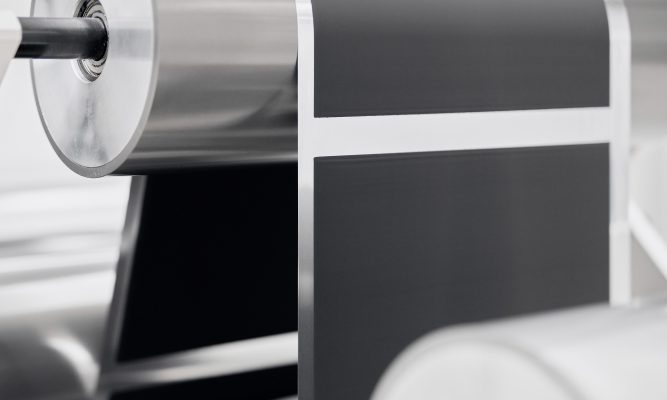Volkswagen’s breakthrough could spark a battery manufacturing gold rush

Inflation hasn’t been kind to batteries. After more than a decade of remarkably consistent declines in the price of lithium-ion battery packs, last year the trend reversed itself.
The uptick was small but notable. New technologies tend to follow a similar path down the cost curve, and batteries weren’t thought to be an exception. But lags in material supplies and soaring demand tacked an extra $12 onto every kilowatt-hour of capacity, according to BloombergNEF.
Just a couple years ago, experts surveyed by BloombergNEF were expecting total pack prices to plunge to $100 per kWh in 2024. Now that same survey says the industry won’t reach that milestone until 2026.
For the automotive industry, which has largely pinned its near-term decarbonization goals on declining lithium-ion battery prices, the uptick is sure to add pressure on their bottom lines. Automakers have invested hundreds of billions in new factories, expecting demand to match the significant bump in supply. Higher battery costs could threaten those investments.
That is why battery companies and automakers have been working overtime to bring costs down. GM and Stellantis have invested in mining companies, and Ford has signed a deal with battery recyclers to help secure stable supplies, all in an effort to rein in raw material expenses, which make up a significant fraction of overall pack costs.
Manufacturers have been nibbling at the margins, too, bringing down the cost of non–cell pack components to save a few dollars. But those costs represent only about 30% of the total and haven’t been enough to counter the effects of higher material and manufacturing costs for the cells.

